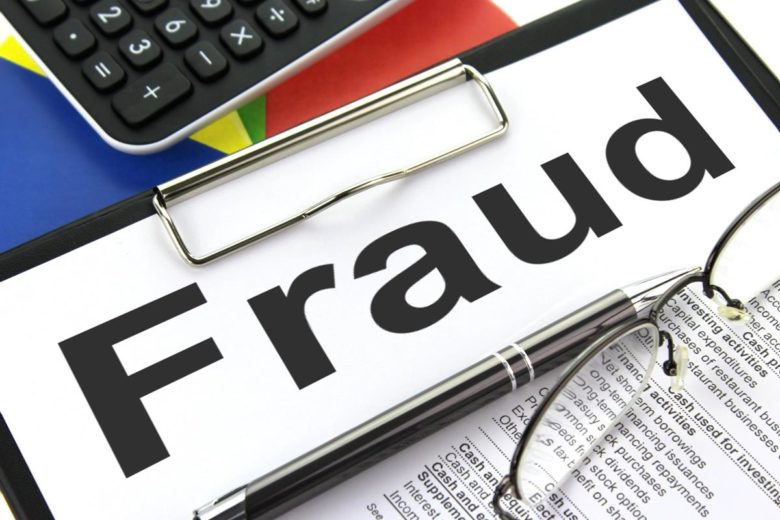Suspected Fraud – How can Insurance Investigators get evidence?

Here is the truth, suspected fraud happens every day and is a more serious problem than people realize. There are two types of insurance fraud that can be categorized; Hard insurance fraud and soft insurance fraud. Regardless of which type of suspected fraud takes place, the effects cost the American economy billions of dollars each year.
Hard Insurance Fraud
In reality, Hard Insurance Fraud occurs less of the two types. This type consists of deliberate and manufactured claims, such as wrecking a vehicle intentionally or staging an accident for example. Most people think of this type when relating to fraud. It’s not just harden criminals involved, but all kinds of people are committing all levels of fraud.
Soft Insurance Fraud
This is the most common type of fraud that occurs and by most individuals. An otherwise legitimate claim that has been manipulated or consists of inflated values fall under this category. These types of fraud can be the most difficult and time-consuming ones for insurance companies and investigators.
Flagged Cases with Data Analysis
While statistical analysis and machine learning might be making it easier to flag potential fraudulent claims for insurers, investigating insurance fraud still falls to specialized professionals like private investigators. When a potentially fraudulent claim is identified, there are a variety of tactics that can be used to gather evidence to justify denying a claim, or even bringing legal action against a claimant.
In the past and still today, one of the most common tactics used is surveillance. It allows the investigator to either validate or debunk someone’s claim by monitoring their activities and lifestyle in comparison to their type of claim. For example, if a person has a back injury claim, but during surveillance the person was found working on the side doing landscaping on the weekends, then there is a good chance of fraud.
With the evolution of social media, it has become an invaluable resource for investigators. Individuals that are involved in fraud may know not to be active in plain sight if they think someone is watching. However, it never fails how often people will post online incriminating evidence on social media. They may not realize who will see their posts, or simply share online without thinking. It could be that a family member or friend shares photos or information about the claimant’s activities without the person realizing it.
Of course, there are others more cautious that try to hide evidence, but still use social media with alternate account or aliases or change privacy settings to avoid detection.
In many instances when a claim is flagged for suspected fraud, one of the preferred methods to dig deep into a person’s past is by performing a comprehensive background search. By reviewing the individual’s historical records, such as arrest and criminal records, financial status, civil records, professional license, and residence history, it can reveal valuable insights to the claim.
Does the person have a history of past claims, do they have an extensive criminal background, or do they show signs of financial distress? Any of these can lead a person to attempt fraud. The information obtained may not provide proof of fraud but can lead to further investigations based on the evidence uncovered.
A lesser known, but valuable, tactic is the use of medical canvassing services. This service typically is used during workers’ compensation claims to identify and validate an employee’s claim to being injured on the job. However, it can also be used on other types of claims such as auto liability and disability.
With a Medical Canvass, a certified specialist can perform telephone research of medical facilities to uncover pre-existing claims and/or injuries, plus determine the claimant’s medical treatment history. Analysts can perform a geo-targeted area search to find when and where a claimant may have received medical treatment. If provided the appropriate release documentation, the service provide may also offer to obtain medical records from the confirmed medical facilities.
Conclusion
Insurance Fraud is serious business and should never be taken lightly. These fraudulent claims financially hurt everyone from the insurance companies to the everyday person. The use of private investigators for obtaining evidence in suspected fraud investigations can be an extremely valuable asset for your claim.
Learn more about all the services a certified expert private investigator can offer you by visiting our website at GII-PII.COM
Not all private investigators are the same. Make sure you do your research and compare their quality of services.

